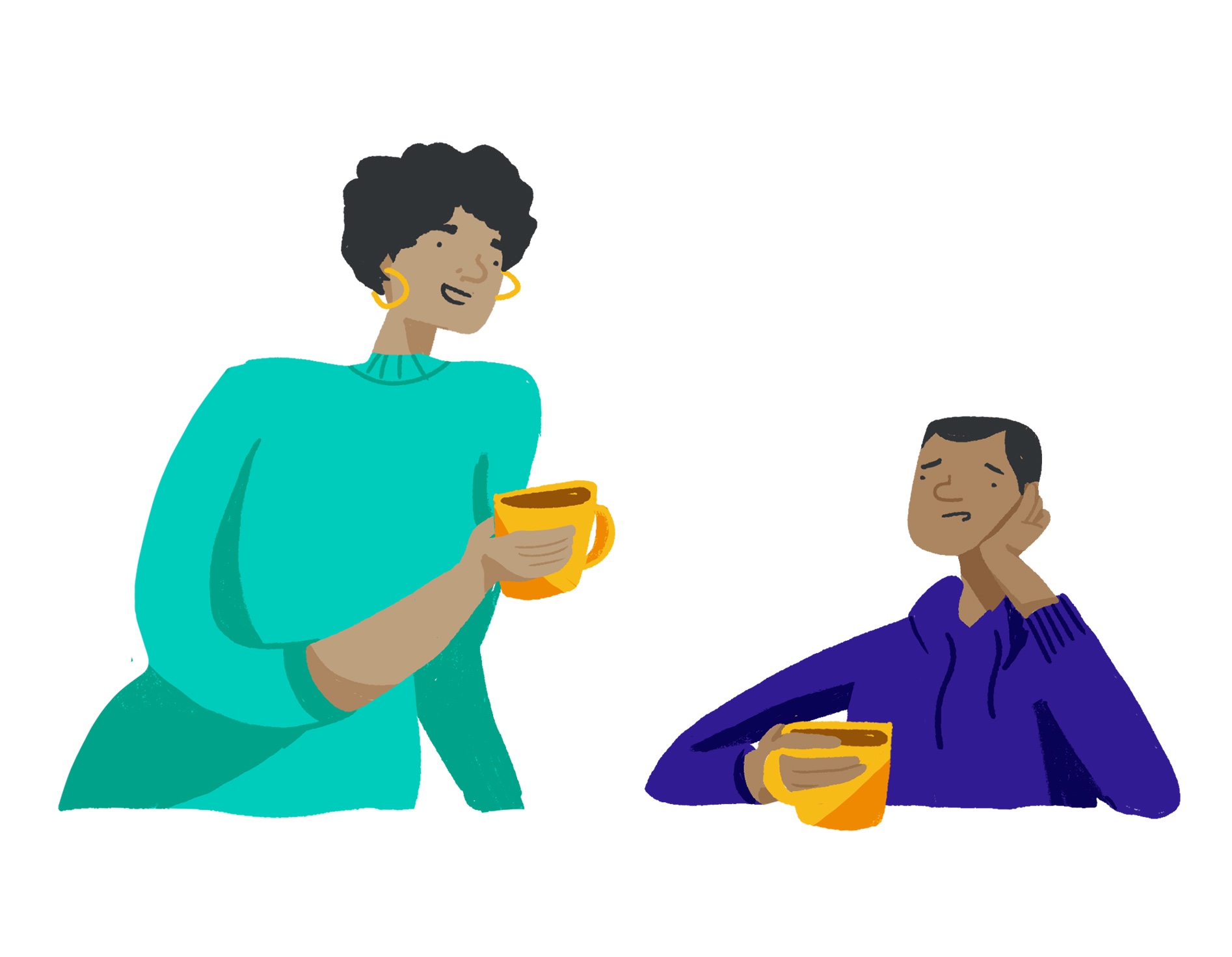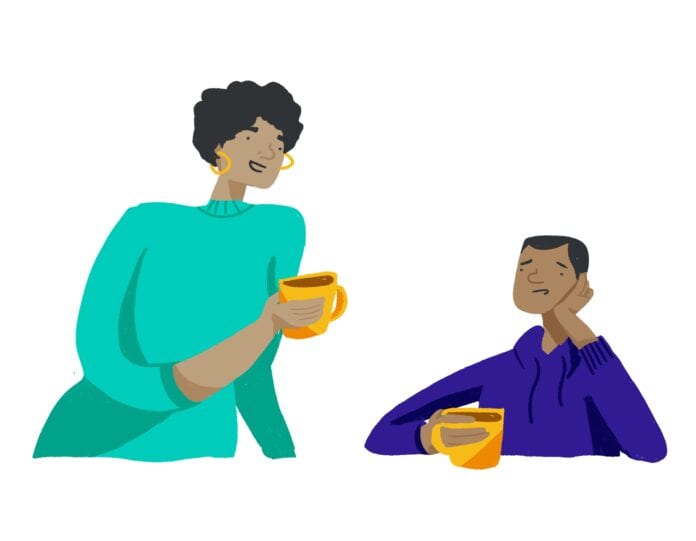
Since some schools across the UK have started to re-open in phases, it’s opened up a whole new set of questions for families. What will it be like for our kids? How will my child adjust to school after months at home? As well as adjusting academically to full-time education again, the emotional impact will be big too.
We spoke to NHS Senior Clinical Psychologist, Dr Shreena Ghelani, about how parents can help their get kids ready to return to school, whenever that might be. Here’s what she had to say:
Prepare in advance
- Before it’s time for them to go back, keep school in the minds of your kids – drive past the school if you can so that they can see that it’s still there.
- When they’ve been given a return date, treat it like the beginning of the school year. Do a test run of getting ready in the morning, make sure school uniform fits, practice packing bags and walking the route to school.
- For younger children, they may need a settling in period again – parents may have to come into the classroom and ensure their child is settled.
- For teenagers – use the time while they’re still at home to keep their friendships alive by video call etc. This will help make returning back to their peer group feel less unfamiliar.
One step at a time
Even when school re starts, you may find that children are more tired than usual by the extra demands and sensory stimulation placed on them. Ease them back in to their routine gently and wait to start other activities (clubs and activities) in a few weeks time.
Manage expectations
- When the time comes, you’ll find you’ll feel less stressed if you know there will be bumps in the road.
- Allow enough space and time in a new schedule for any hiccups so that you’re not having to manage too many demands (i.e batch cook dinners before hand, don’t agree to extra activities or if possible, adopt flexible working hours).
- Try to notice if you’re feeling anxious about the return to school in any way and if so, spend some time thinking about it and unpicking it. If children pick up on your anxieties they may feel anxious too.
Managing worry and anxiety
If you know your child might struggle with going back to school, try developing a toolbox of things they can do when they are worried at school. This might include a song to sing to them selves, visualising a calm place, some affirmation cards, practicing a breathing techniques and identifying safe staff they can tell. You can make this box together and the child can take some bits with them to school.

Speak to your children about the impact of Coronavirus
Let children know that it is likely that other families have been impacted by the virus (whether that’s key worker parents working hard, or family bereavements). Encourage your child to be patient with and kind to other children. Talk to them about what they might still be expected to do – not hug friends, wash their hands often, not share food or toys etc.
For any children with special educational needs, they might need adaptations made for them. This might include visiting the school while it’s empty to familiarise them with the space, a video call with their teacher or a more phased return than other pupils – whatever’s best for them.
Thanks Shreena! We hope that these tips will be helpful for you and your child, whether they’re going back to school soon or not for a while. If you’d like help finding an online tutor to fill in any learning gaps while they’re still at home, give us a call on 0203 773 6024or email support@mytutor.co.uk and one of our Tutor Experts will help you find what you need.
Further reading
From MyTutor:
Teen wellbeing: finding the balance during lockdown
Shaping the day: how to adjust homeschool for kids of different ages
Homeschooling during Covid-19: how one family is doing it
From the government:
From Barnados:
How to help your teenager with staying home during lockdown
Help keep news FREE for our readers
Supporting your local community newspaper/online news outlet is crucial now more than ever. If you believe in independent journalism, then consider making a valuable contribution by making a one-time or monthly donation. We operate in rural areas where providing unbiased news can be challenging. Read More About Supporting The West Wales Chronicle























